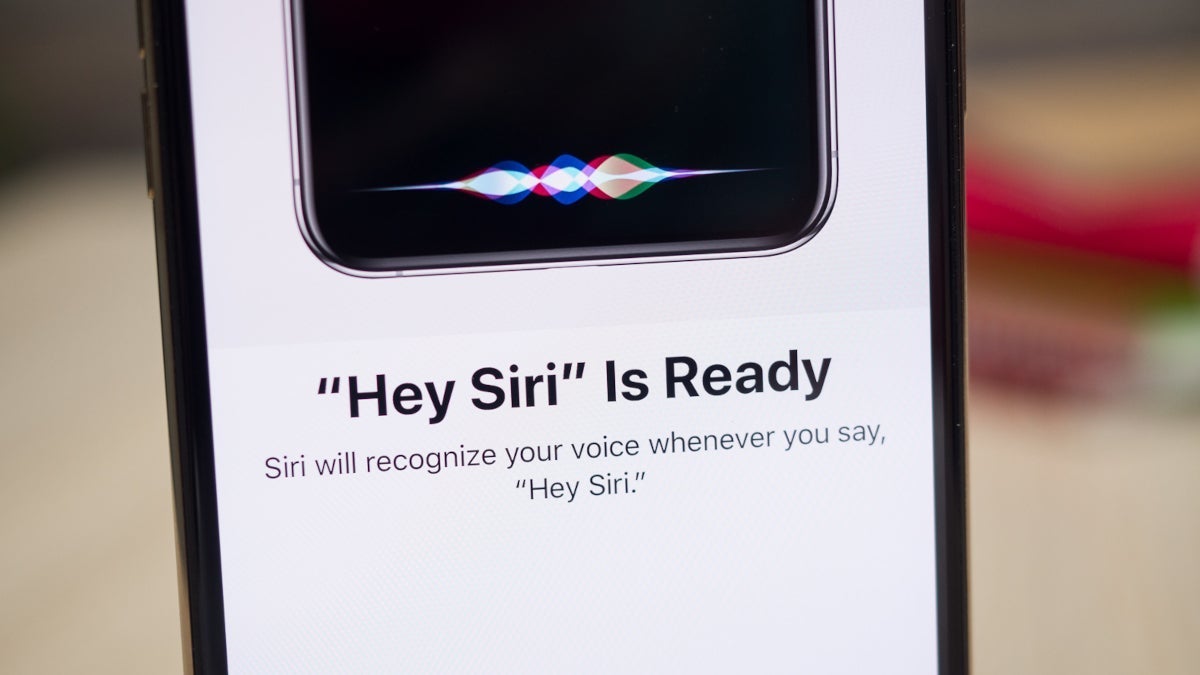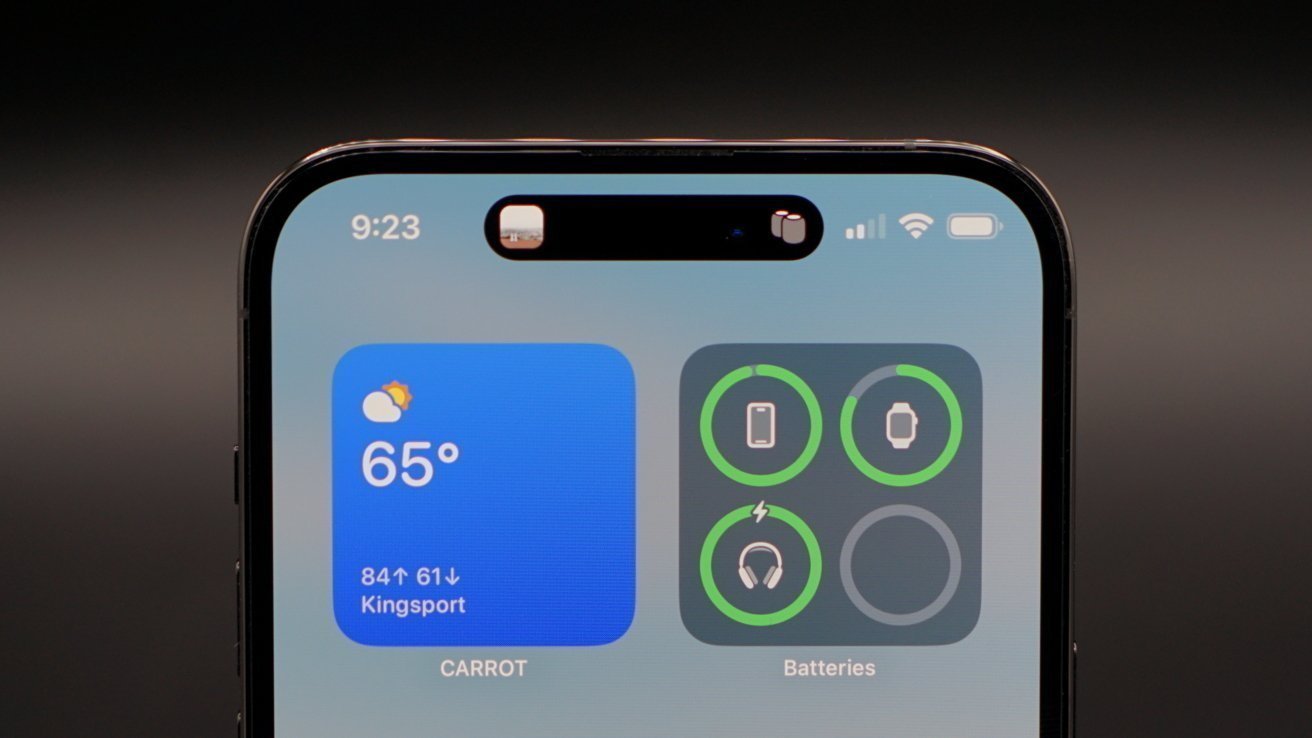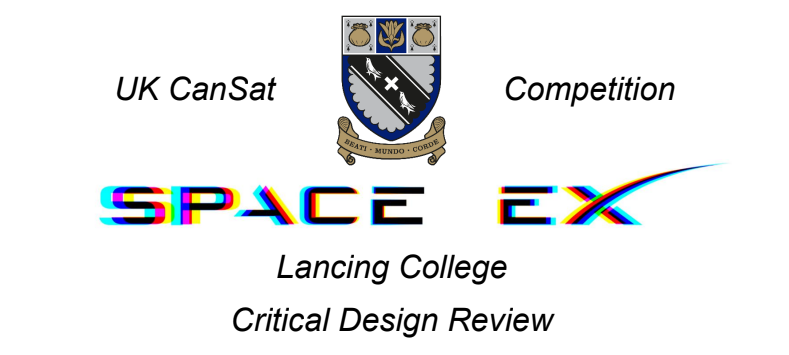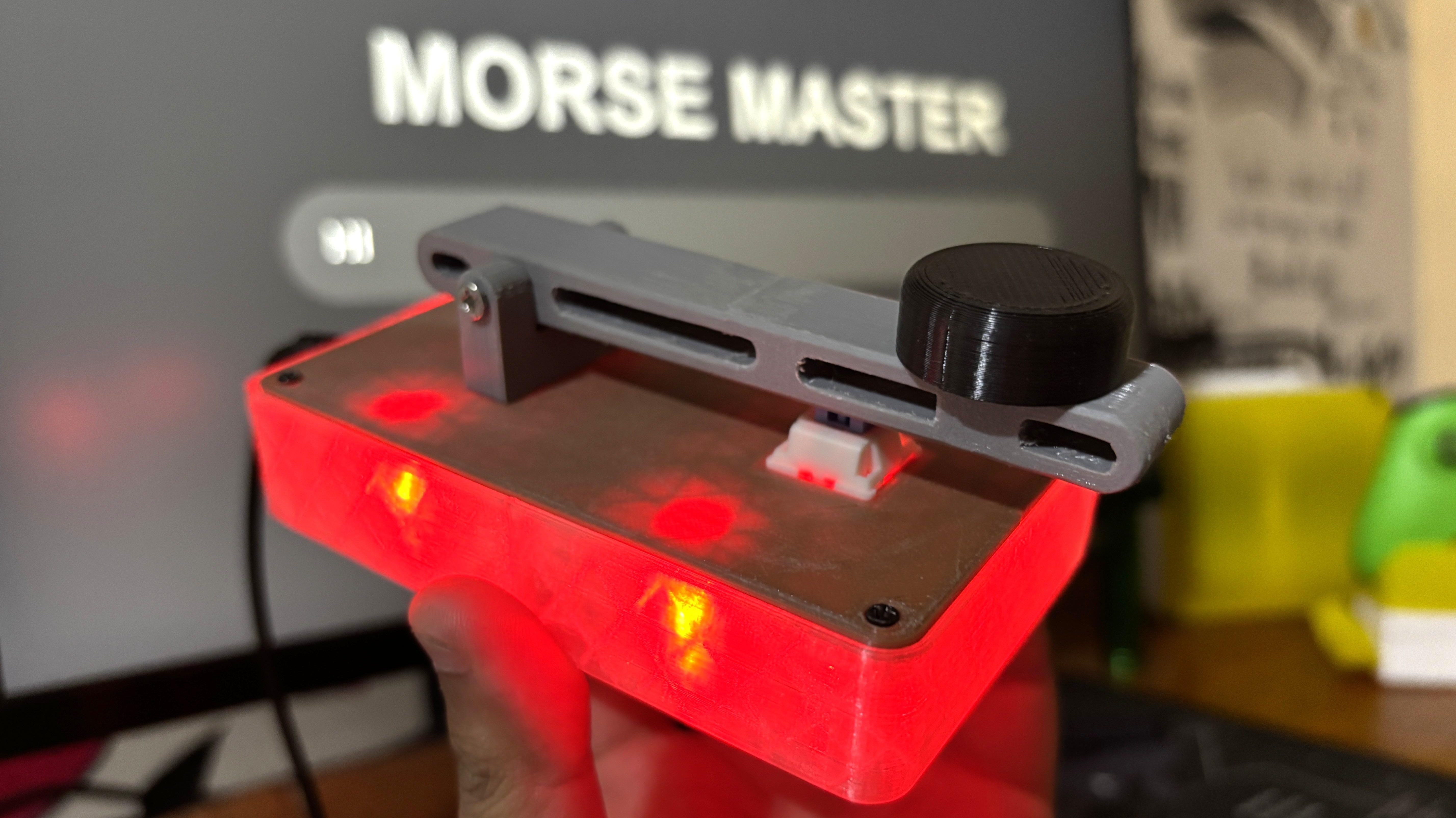CISA: Real-world Information Systems Auditing
Information Systems Auditing: Stories from the Field Hey there, tech community! Let's talk about real-world information systems auditing. Through our CISA certification course, we've seen what makes audits succeed (and fail). Here's what we've learned from the trenches. Modern Audit Reality Remember when auditing meant endless checklists? Those days are gone. A financial services client recently showed us how modern auditing works: Their audit team didn't start with checklists. Instead, they mapped out how their systems actually worked. They looked at cloud services, legacy systems, and most importantly - how everything connected. This revealed risks that no checklist would have caught. "The real insights came when we stopped looking at systems in isolation," their lead auditor told us. By understanding system relationships, they found critical vulnerabilities that previous audits had missed. Planning That Works A healthcare organization recently nailed their audit planning. Instead of diving straight into testing, they spent time understanding their environment. They talked to system owners, watched operations in action, and identified what really mattered. This approach paid off big time. They found several high-risk areas that previous audits had completely missed. Why? Because they looked at how systems were actually used, not just how they were supposed to work. Control Testing in Real Life Here's a story from a manufacturing company that gets it right. Instead of testing every possible control, they focus on what matters: "We used to test everything," their audit manager shared. "Now we focus on controls that actually protect our critical operations." This targeted approach not only saved time but found more significant issues. They spend time watching how controls work during normal operations. Often, they find controls that look great on paper but fall apart under real-world conditions. That's the kind of insight that makes audits valuable. Evidence That Matters One organization transformed their evidence collection after a simple realization: more evidence isn't better evidence. They now focus on quality over quantity. Instead of gathering every possible document, they collect evidence that shows how controls actually work. Screenshots that demonstrate real issues. Logs that show actual problems. Documentation that matters. Reports People Actually Read A government agency revolutionized their audit reporting with one simple change: they started writing for their audience. Instead of technical jargon, they focused on: Clear issue descriptions Real business impact Practical recommendations Achievable timelines The result? Their recommendations actually got implemented. Continuous Learning The best auditors never stop learning. They: Review what works (and what doesn't) Share experiences with peers Adapt to new technologies Improve their techniques Looking Forward The audit world keeps changing. We're seeing new challenges with: Cloud service auditing AI system assessment Privacy requirements Zero Trust architectures Want to master these audit approaches? Join our CISA certification course. What's your experience with information systems auditing? Share your stories and lessons learned in the comments below!

Information Systems Auditing: Stories from the Field
Hey there, tech community! Let's talk about real-world information systems auditing. Through our CISA certification course, we've seen what makes audits succeed (and fail). Here's what we've learned from the trenches.
Modern Audit Reality
Remember when auditing meant endless checklists? Those days are gone. A financial services client recently showed us how modern auditing works:
Their audit team didn't start with checklists. Instead, they mapped out how their systems actually worked. They looked at cloud services, legacy systems, and most importantly - how everything connected. This revealed risks that no checklist would have caught.
"The real insights came when we stopped looking at systems in isolation," their lead auditor told us. By understanding system relationships, they found critical vulnerabilities that previous audits had missed.
Planning That Works
A healthcare organization recently nailed their audit planning. Instead of diving straight into testing, they spent time understanding their environment. They talked to system owners, watched operations in action, and identified what really mattered.
This approach paid off big time. They found several high-risk areas that previous audits had completely missed. Why? Because they looked at how systems were actually used, not just how they were supposed to work.
Control Testing in Real Life
Here's a story from a manufacturing company that gets it right. Instead of testing every possible control, they focus on what matters:
"We used to test everything," their audit manager shared. "Now we focus on controls that actually protect our critical operations." This targeted approach not only saved time but found more significant issues.
They spend time watching how controls work during normal operations. Often, they find controls that look great on paper but fall apart under real-world conditions. That's the kind of insight that makes audits valuable.
Evidence That Matters
One organization transformed their evidence collection after a simple realization: more evidence isn't better evidence. They now focus on quality over quantity.
Instead of gathering every possible document, they collect evidence that shows how controls actually work. Screenshots that demonstrate real issues. Logs that show actual problems. Documentation that matters.
Reports People Actually Read
A government agency revolutionized their audit reporting with one simple change: they started writing for their audience. Instead of technical jargon, they focused on:
- Clear issue descriptions
- Real business impact
- Practical recommendations
- Achievable timelines
The result? Their recommendations actually got implemented.
Continuous Learning
The best auditors never stop learning. They:
- Review what works (and what doesn't)
- Share experiences with peers
- Adapt to new technologies
- Improve their techniques
Looking Forward
The audit world keeps changing. We're seeing new challenges with:
- Cloud service auditing
- AI system assessment
- Privacy requirements
- Zero Trust architectures
Want to master these audit approaches? Join our CISA certification course.
What's your experience with information systems auditing? Share your stories and lessons learned in the comments below!











































































![New Apple iPad mini 7 On Sale for $399! [Lowest Price Ever]](https://www.iclarified.com/images/news/96096/96096/96096-640.jpg)
![Apple Developing Battery Case for iPhone 17 Air Amid Battery Life Concerns [Report]](https://www.iclarified.com/images/news/97208/97208/97208-640.jpg)
![Apple to Split iPhone Launches Across Fall and Spring in Major Shakeup [Report]](https://www.iclarified.com/images/news/97211/97211/97211-640.jpg)
![Apple to Move Camera to Top Left, Hide Face ID Under Display in iPhone 18 Pro Redesign [Report]](https://www.iclarified.com/images/news/97212/97212/97212-640.jpg)












![The Material 3 Expressive redesign of Google Clock leaks out [Gallery]](https://i0.wp.com/9to5google.com/wp-content/uploads/sites/4/2024/03/Google-Clock-v2.jpg?resize=1200%2C628&quality=82&strip=all&ssl=1)
![What Google Messages features are rolling out [May 2025]](https://i0.wp.com/9to5google.com/wp-content/uploads/sites/4/2023/12/google-messages-name-cover.png?resize=1200%2C628&quality=82&strip=all&ssl=1)






























































































_Inge_Johnsson-Alamy.jpg?width=1280&auto=webp&quality=80&disable=upscale#)




























































































































![[The AI Show Episode 145]: OpenAI Releases o3 and o4-mini, AI Is Causing “Quiet Layoffs,” Executive Order on Youth AI Education & GPT-4o’s Controversial Update](https://www.marketingaiinstitute.com/hubfs/ep%20145%20cover.png)









































































































































![Re-designing a Git/development workflow with best practices [closed]](https://i.postimg.cc/tRvBYcrt/branching-example.jpg)




















![From Art School Drop-out to Microsoft Engineer with Shashi Lo [Podcast #170]](https://cdn.hashnode.com/res/hashnode/image/upload/v1746203291209/439bf16b-c820-4fe8-b69e-94d80533b2df.png?#)



![[DEALS] Microsoft 365: 1-Year Subscription (Family/Up to 6 Users) (23% off) & Other Deals Up To 98% Off – Offers End Soon!](https://www.javacodegeeks.com/wp-content/uploads/2012/12/jcg-logo.jpg)
































































































